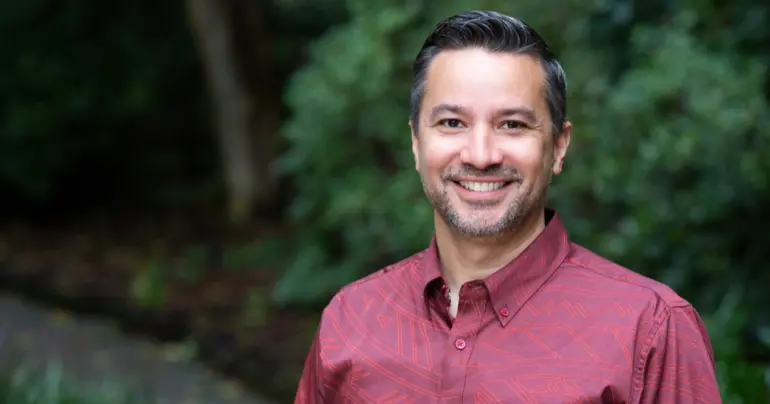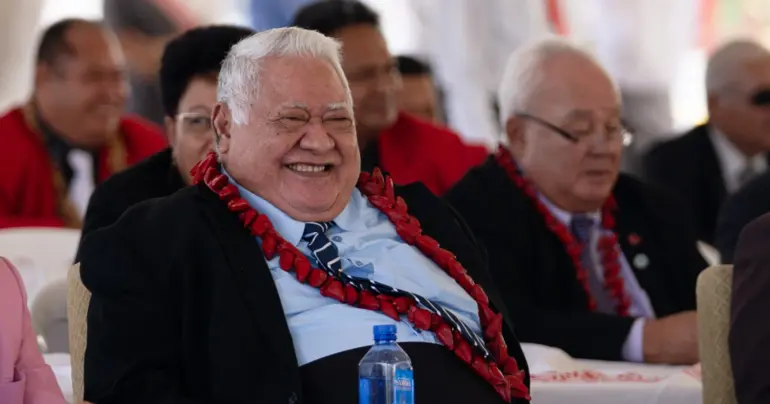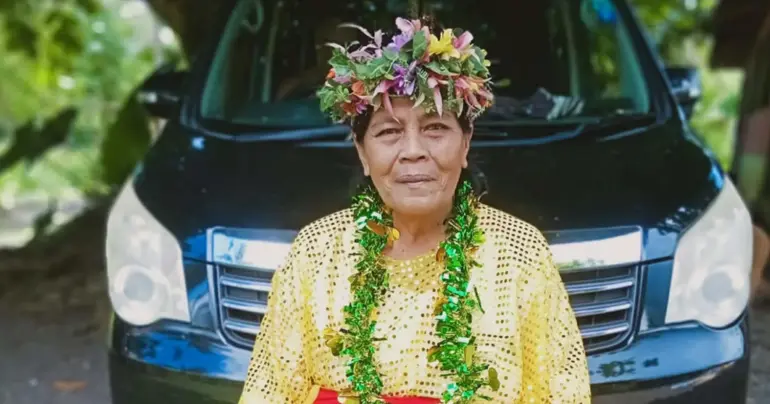Vaccines fuel world's hopes; future in Samoa uncertain
 By Sapeer Mayron
•
17 November 2020, 10:20PM
By Sapeer Mayron
•
17 November 2020, 10:20PM
As two companies announce COVID-19 vaccines with effectiveness rates above 90 per the World Health Organisation warns it is too soon to say when they might reach Samoa’s shores.
Two American companies in as many weeks have announced vaccines currently in their testing phase have proven remarkably effective.
This week pharmaceutical company Moderna said its vaccine appears to be 94.5% effective, according to preliminary reports. That comes after Pfizer said its version of a vaccine appears to have a 90 per cent efficacy rate.
Both companies are now likely to seek permission within weeks for their emergency deployment as global cases of the disease now reach 55 million.
But it is still too soon to know when vaccines - be they from Moderna, Pfizer, or any of the other companies currently developing inoculations - might reach the country, Samoa’s World Health Organisation representative, Dr. Rasul Baghirov, said.
“It’s difficult to say which vaccine will make its way to the Pacific,” he said.
“Part of it is distribution and capacity to produce the number of doses. It’s a bit too early to say what Samoa will receive in the end.”
But he is very encouraged by the results of the Moderna and Pfizer vaccine phase three trials.
“No one expected those numbers. The Food and Drug Administration was expecting to register anything that would be more than 50 per cent effective, so 90 per cent is a really, really good result. The W.H.O. expected figures of around 70 per cent.
“This is all exceeding expectations and that is fantastic.”
Moderna’s stage three trials were completed this month.
According to a statement, the phase three trial was on 30,000 volunteers, including 95 who contracted COVID-19 during the course of the trial.
The study found there were no significant adverse effects of the vaccine, and that mild or moderate reactions were short lived. They included fatigue or muscle plain.
“This positive interim analysis from our Phase 3 study has given us the first clinical validation that our vaccine can prevent COVID-19 disease, including severe disease,” said Stéphane Bancel, Chief Executive Officer of Moderna.
It is a two dose vaccine that needs to be stored at very cold temperatures, although Moderna’s has slightly lower requirements than Pfizer’s version.
Pfizer and BioNTech have said they intend to start deploying their brand of vaccine before the end of the year.
The W.H.O. is also interested in seeing more detailed data on the vaccine trials and how different people with different health conditions have been responding to the vaccines.
“We know that so far that everything seems to be fine, there were no huge adverse events and the mild things like temperature and a bit of pain, this is really nothing, this is normal for what you expect from vaccination,” Dr. Baghirov said.
“But nevertheless we need to have disaggregated data to see how different vaccines affect different groups of people and at the end of the day we might end up with several vaccines that are used for different groups.”
Moderna’s vaccine was partly funded by the U.S.A’s Operation Warp Speed, with a US$1 billion contribution to its design and testing. The country’s National Institute of Allergy and Infectious Diseases has also been working on the study.
The country’s Health and Human Services Secretary Alex Azar told C.N.B.C. that the F.D.A. will move quickly to get both Pfizer and Moderna’s vaccines cleared for emergency use.
Moderna, unlike Pfizer, is part of the global COVAX facility, which is organised by the World Health Organisation, Gavi and the Coalition for Epidemic Preparedness Innovations (C.E.P.I.).
It is a co-sponsored global procurement network hoping to secure vaccines for lower-income countries to ensure that it is distributed fairly around the world, including Samoa.
So far it has raised more than US$2 billion to support fair access to any vaccine in the future, but Gavi says it will need another US$5 billion next year.
Dr. Baghirov said that under the COVAX agreement, Samoa will be getting 20 per cent of its vaccine demand when a vaccine becomes available.
But he suggests that vaccinating 20 per cent of the population for now in a country that has no cases or instances of community transmission of the virus may not make sense.
“In a country like Samoa which remains COVID-19 free, vaccinating 20 per cent doesn’t really change anything,” Dr. Baghirov said.
“You cannot open the border yet, plus Samoa will not necessarily be the first to be vaccinated because there is no single case in Samoa yet.
“It is a question mark for the smaller nations like Samoa whether it is justified to go for 20 per cent or try and secure a vaccine for the whole nation.”
The W.H.O. has said 100 per cent vaccine coverage is not necessary but that 70 or 75 per cent will be enough to protect the whole population.
But the facility is still underfunded to achieve its goal of deploying vaccines to lower-income countries in high enough numbers.
“The funding issues are not fully resolved and we know that many countries, bigger countries are trying to secure their own deals directly with manufacturing countries,” Dr. Baghirov said.
“How it’s going to play out eventually, who will get the upper hand once a vaccine is approved, it is yet to be seen.
“We remain hopeful that the COVAX mechanism will play out, especially for developing countries who otherwise may not be able to secure the dosages necessary for vaccination.”
Samoa’s neighbours Australia and New Zealand have each made substantial contributions to the alliance, with AU$300 million from Australia and NZ$27 million from New Zealand (T$613 million total), which is also investing in its own vaccine development and manufacturing.
The W.H.O. has not stated whether Moderna has signed an agreement with COVAX but the Head of Vaccines at the Wellcome Trust, Charlie Weller, said it was part of the collaboration.
“To have multiple vaccine candidates with interim results that surpass our expectations is phenomenal, and testament to the incredible global research effort this year,” Mr. Weller said in a statement.
“It is promising to hear Moderna report that doses can be stored at clinics at more regular refrigeration temperatures for up to a month once delivered to healthcare facilities.”
Moderna has pledged not to enforce its patents while the pandemic is ongoing so that generic vaccine manufacturers can produce a successful Moderna vaccine for the COVAX pool.
In a press conference on Monday (Tuesday Samoan time), W.H.O. Chief Scientist Dr. Soumya Swaminathan said patience is needed while the vaccine is analysed further.
“Of course, we need to wait and see what the final efficacy and the safety profile of this vaccine will be when the whole data is analysed after they reach their primary endpoint,” Dr. Swaminathan said.
To date more than 1.3 million people have died from the virus, according to Johns Hopkins University data. So far an estimated 191 states and territories have had recorded cases of the virus. Samoa is on a list of just seven nation states believed to have never had a case of the virus.
* with agencies
Tags
 By Sapeer Mayron
•
17 November 2020, 10:20PM
By Sapeer Mayron
•
17 November 2020, 10:20PM











